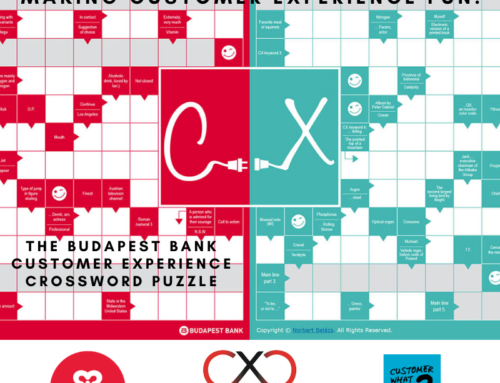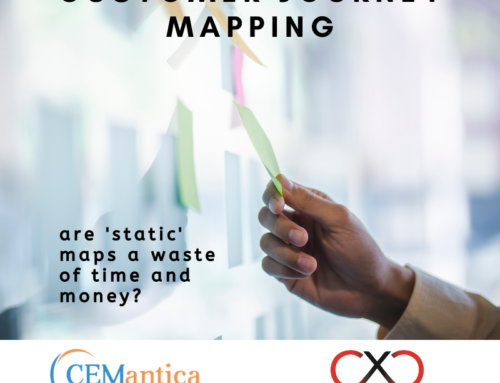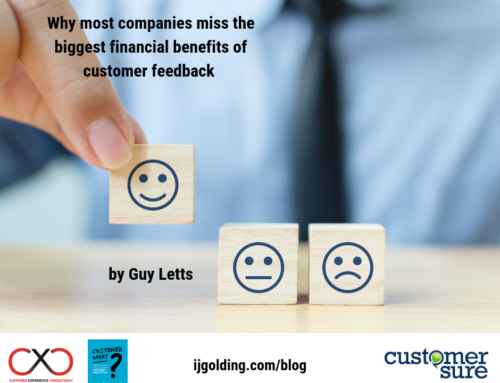
Last week, on more than one occasion, most of us would have heard someone saying, writing or shouting, words to the effect of ,”I just need Ryanair to get me to xxx!” Getting passengers to their chosen destination is the most basic of basic needs an airline is expected fulfil. In yet another PR disaster for the airline industry, Ryanair’s management failings have led to thousands of passengers NOT having their basic needs met.
It is therefore perhaps extremely ironic that one of the absolute MASTERS of meeting basic needs, up until last week that is, was Ryanair. To explain why, just have a look at the dictionary definition of the word ‘need’:

Something that is very important (rather than just desirable) and that is a necessity. What Ryanair have mastered over the years is making absolutely sure that they were better than anyone else at delivering the essential necessity – getting you to your chosen destination on time. In fact, they would do little else for you. Passengers who needed to travel at as low a cost as possible were able to have their basic needs met by what has now become the world’s largest international airline – a phenomenal achievement.
What Ryanair have made very clear from day one, is that they would NOT focus on giving customers what they WANT. Now you may argue that what Ryanair’s customers WANT is low fares – and you would not be wrong. But what customers also WANT, is to be treated fairly; to eat nice food; to have plenty of space for carry on luggage; to have friendly and informative staff and cabin crew attending to them; to have lots of leg room; somewhere comfortable to sit before boarding the plane; the list could go on!
Feeling confused? Before I continue, have a look at the dictionary definition of the word ‘want’:

It has a very different meaning to ‘need’. Desire. Fancy. Like. We do not have a desire for Ryanair to get us to our chosen destination – it is not something we ‘wish for’ (or maybe now it is!!) – it is something we expect to happen. It is something we ‘take as given’. We might LIKE Ryanair to give all of their passengers free food and drink for the next three months – it is very unlikely to happen though!
Understanding the difference between what customers NEED and what customers WANT is critical to determining how capable your organisation is at delivering its customer journey. What customers NEED, represents their BASIC requirements. Every customer journey will contain a significant number of touchpoints that represent the BASICS. These touchpoints are, as the definition of the word ‘need’ makes clear, essential for your organisation to get right.
What customers WANT, represents the touchpoints in the customer journey that are likely to ‘exceed expectation’ – the ‘sprinkling of fairy dust’, as I often call them. These touchpoints are equally as important. Your ability to give customers what they WANT will enable your organisation to DIFFERENTIATE itself.
This is the key point – failing to understand the difference between what customers NEED and what they WANT, will very likely result in an organisation failing to understand what it must to do to differentiate itself. In an increasingly competitive and disruptive world, failure to differentiate could lead to disaster. The airline industry is no different to any other.
All airlines use similar aircraft. They largely fly to the same airports. They all essentially do the same thing. Differentiating on what customers NEED alone, is extremely difficult to do. I fly regularly to South Africa. Living near Manchester in the UK, I can choose a number of different airlines – British Airways, Virgin Atlantic, South African Airways, Air France, Lufthansa, KLM, Emirates. None of the airlines fly direct. All of them can give me what I NEED – to get to South Africa. For two years I used British Airways. It was the easiest option (time wise). I WANTED the rewards they could offer me for flying with them. I perceived their rewards to be better than anyone else.

Fast forward to today. I no longer use British Airways. Why? After a number of PR disasters of their own, including cancelling flights, I could no longer be assured that they could give me what I NEEDED – a guarantee that I would get to my final destination. They put too much doubt in my mind. Their failure to give me what I NEEDED became more significant than me continuing to get what I WANTED (their rewards).
For a writer on the subject of Customer Experience, the airline industry is the gift that keeps on giving. However, what happened to Ryanair last week is a lesson to all organisations across all industries. It is critical to understand the difference between what your customers NEED and what they WANT. Consistently giving them what they NEED is essential for the sustainability of your business. Giving them what they WANT is essential to differentiate yourself in to the future.
In my opinion, Ryanair’s big mistake is that for too many years, they combined both of these things together – they differentiated themselves on what customers NEEDED – they did not give them anything else. What last week proved, is that this strategy can work while you are consistently getting the basics right. However, as soon as you fail to do so, it can lead to disaster. Ryanair will survive this episode, but it will take them a long time to recover from failing to meet the most basic of basic customer needs.
Dear Reader
Having written avidly on the subject of Customer Experience for over five years, the time has come to turn my ramblings into a fully fledged book! However, in true collaborative style, I would love my contacts and the CX community to be part of the process. If you would like to be involved, please have a read – your support will be hugely appreciated…






Ian, as we discussed, I could not agree with you more. I have spend more years than I like to count helping organisations understand their customers needs & wants and how well they meet them. In fact the development of NetCNS, a new metric to measure how well organisations meet customers needs and wants is a direct outcome of that experince.
I am hugely excited by your development of the NetCNS measurement system Stephen – something I will write about in the coming weeks!
HI
I like your analysis, really interesting. Meeting needs can be seen as an offering to a market segment.
However “Ryanair’s share price rose 3.5% in London, bringing the rise this year to 17%.” today, after announcement of more cancellations!
We keep saying this kind of treatment of customers will not work in the long run – this is what they said about Ryanair ten years ago.
In my own approach, understanding of UX/CX is essential – in fact, as you say, the most important differentiator , and will always be my own favoured method (as is the philosophy of your own work)
However its worth looking at O’leary’s strategy in a more nuanced way. His appalling treatment of customers IS paying dividends – if we simply say that he is a ‘bad egg’ or ‘it is not working’ we could be ignoring subtleties here which may be valuable takeways
Thank you so much for sharing your thoughts on this Simon. Whilst O’Leary’s behaviour over the years has not had a negative effect on the growth of Ryanair, I believe that no one can rest on their laurels – even him. This current episode will ultimately be hugely damaging to Ryanair – in the short to medium term at least. Those who did not buy in to their philosophy have only had their beliefs further confirmed. Those who did believe in Ryanair, will now have the spectre of ‘doubt’ planted in their minds – will they choose to book with Ryanair in the short term? It will be very interesting to see how it pans out – that is for sure.